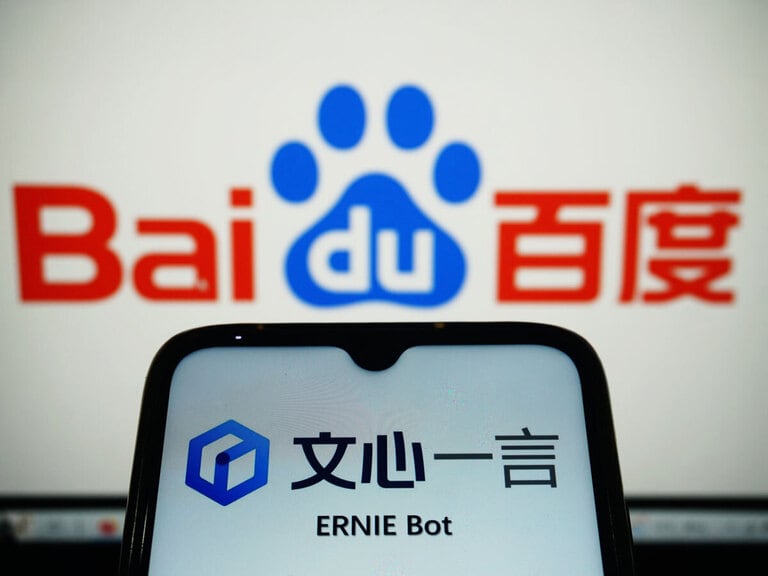Artificial intelligence (AI) is transforming the world as we know it – and the potential is huge, Sebastian Schrötel, Senior Vice President of Product Management at UiPath [PATH], told the latest OPTO Sessions.
This potential exists “not only for the companies who implement those solutions in efficiency gains and the value they create by that, but also for vendors like Uipath, who help companies do it.”
Schrötel cites research by McKinsey, estimating that the long-term AI opportunity could reach $4.4trn in added profits for the corporate world, with 92% of companies planning to increase their AI investments over the next three years.
Inevitably, says Schrötel, we’ll see some “laggards”, but the benefits of embracing AI are too big to ignore: “The business potential, the efficiency gains, the increase in customer value and perception, the gain of speed in your process”. Not to mention “providing as high value as possible” and remaining competitive.
If rivals are doing it, companies will have little choice.
However, he stresses, we must accept there will be mistakes along the way. “Companies don't only make positive experiences. Some might also learn what does not work with AI because the perception of AI is very high in the market right now.”
Agentic AI
AI is already automating many human tasks. Will tomorrow’s enterprises have most tasks fully automated, with people only overseeing the most complex areas or goal-setting?
“The tasks and the process to automate can span from the very complex to very simple,” Schrötel says. Nonetheless, “the lowest hanging fruit is always automating the highly repetitive.” He predicts most companies will start with these kinds of menial tasks and progress from there.
Right now, the buzzword is agentic AI, “the newest kid on the block” and one with great potential to transform businesses. “We did an agentic AI report where we interviewed IT executives in the US and 90% stated their businesses would benefit from AI. 77% of participants said they’re going to invest this year in implementing agentic AI solutions.”
What is UIPath’s plan? “The task for the next two to three years is to unlock as much value as possible with agentic orchestration and agentic automation in our customer space.
“The immediate focus is to make agentic AI and agentic orchestration a value reality for our customers… What comes afterwards, we will see.”
Schrötel shares his insights on the directions in which AI’s capabilities might progress. “Large language models, as the name says, started with text-based tasks. The early use case had been: I can summarize a text or I can generate a text or I can generate code. All those models get way stronger, not only in text, but in image and even video.”
More advanced speech functions are another possibility.
“At some point in time I might speak in a certain language and you might speak in another and we can still understand each other, in real time.”
Tomorrow’s AI Customers
The real value in AI is likely to come from large-scale automated processes for companies.
The sectors with the highest potential efficiency gains will typically be those with very high-volume processes, he says, such as telco providers with millions of customers.
“The number of customers times contracts is the number of invoice runs they do per month.”
The same goes for manufacturing, healthcare, banking and insurance, while there is a great deal of interest from the public sector and governments.
Some believe the hype around AI is overblown. But, for Schrötel, the hype is beneficial “because it helps companies to really start to think hard about: ‘How can we use new technology to run our business better?’”
In the future, organizations that may once have been enormous will be run by a handful of people, but still be able to service a huge number of customers through automation.
“This is definitely what we ought to hope automation will bring us: that companies can scale better and quicker. I’m pretty confident this will be the case. It’s not far away in the future. We have customers today that have built over a thousand automations. And they can serve quite a lot of customers with a very efficient staff.”
Schrötel believes UiPath is in a good place.
“The business opportunity is high, both for companies who implement it, but also vendors. Not only software vendors or platform vendors like UiPath, but also companies who help other companies find the right approach to an AI-centered IT or process strategy. This is something that I’m very excited about.”
Listen via Apple Podcast, Spotify, or watch on YouTube.
Continue reading for FREE
- Includes free newsletter updates, unsubscribe anytime. Privacy policy





